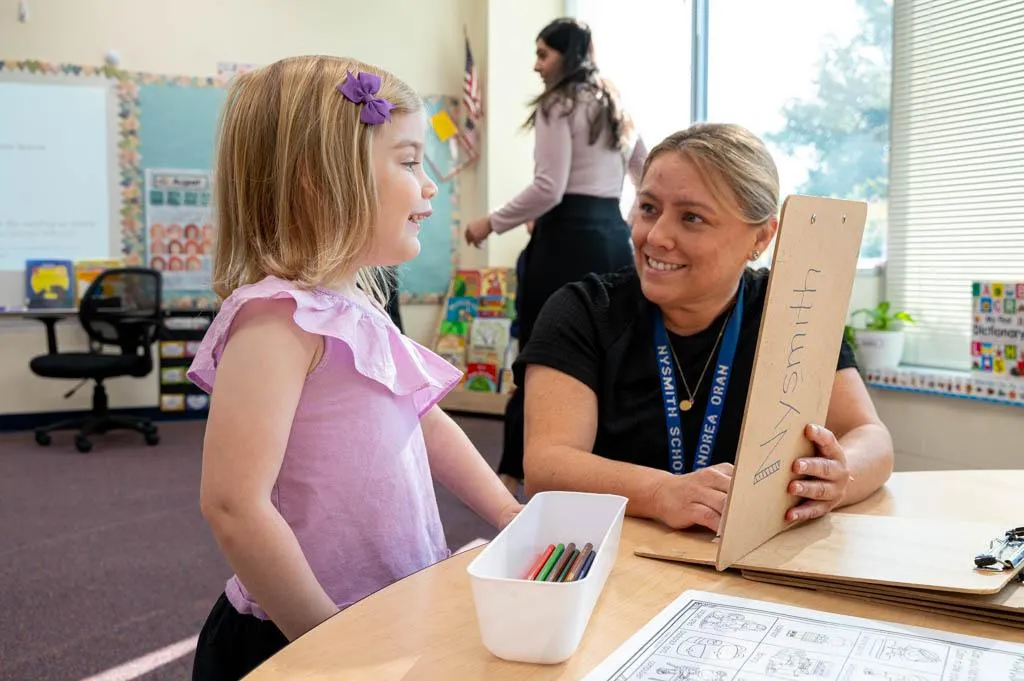
Shaping Minds: The Crucial Role of Parents in Child Development
I urge every parent to read the book Mindset by Carol Dweck. In short, the book presents research that illustrates how important it is to help children develop the right attitude, or mindset, as they approach academics and life. One of the key takeaways from Dweck’s research is the distinction between a fixed mindset and a growth mindset.
Fixed Mindset vs. Growth Mindset
In one of Dweck’s studies, children were divided into two groups after completing an assignment. One group was praised for being smart, while the other group was praised for their hard work. When faced with more challenging problems, the children who were told they were smart were less likely to continue trying. They didn’t want to risk appearing not to be smart. On the other hand, the children who were praised for their hard work were motivated to keep trying, even when the problems became more difficult.
This experiment highlights a crucial point: praising children for their effort rather than their innate abilities encourages them to embrace challenges and persist in the face of difficulties. This is the essence of a growth mindset.

The Importance of a Growth Mindset
Life is not easy; it is full of challenges. The key to success in life is to be willing to try, to know that you can succeed if you devote enough effort, and to understand that success or failure is not a fixed state. Research shows that brain resilience is a powerful element of human existence. Our brains are always changing based on our experiences, a concept known as neuroplasticity.
A growth mindset fosters resilience, optimism, and a positive attitude towards learning and personal development. It helps children understand that their abilities can be developed through dedication and hard work. This mindset is crucial for overcoming obstacles and achieving long-term success.
The Importance of Early Neuroplasticity and Grey Matter Development
Neuroplasticity, the brain’s ability to reorganize itself by forming new neural connections, is most potent during early childhood. This period is crucial for building the foundation for lifelong learning and cognitive abilities. Grey matter, composed of neuronal cell bodies, is essential for processing information, muscle control, sensory perception, and decision-making. Stimulating activities during early childhood can enhance grey matter development and support various cognitive functions.
Encouraging neuroplasticity from an early age helps children develop enhanced learning abilities, improved emotional regulation, and stronger cognitive functions. By providing a variety of stimulating activities and a supportive environment, parents can help their children build a strong foundation for lifelong learning and brain health.
Stay tuned for a future blog posts, where we will delve deeper into the concept of neuroplasticity and growth mindsets and provide practical tips on how to cultivate it in your children.

The Role of Parents
Parents play a vital role in fostering a growth mindset in their children. Here are some practical tips for parents:
Praise Effort, Not Intelligence: Focus on praising your child’s effort, strategies, and progress rather than their innate abilities. This encourages them to keep trying and view challenges as opportunities to learn.
Encourage a Love for Learning: Help your child develop a love for learning by exposing them to new experiences and encouraging curiosity. Celebrate their curiosity and the process of discovery.
Model a Growth Mindset: Demonstrate a growth mindset in your own life. Share your own challenges and how you overcame them through effort and perseverance.
Teach Resilience: Help your child develop resilience by encouraging them to keep trying, even when things are difficult. Teach them that setbacks are a natural part of the learning process.
Provide Constructive Feedback: Offer constructive feedback that focuses on specific actions and strategies rather than personal attributes. This helps your child understand what they can do to improve.
Conclusion
Developing the right mindset is crucial for children’s success in academics and life. By fostering a growth mindset, we can help children embrace challenges, persist in the face of setbacks, and develop a love for learning. At Nysmith, we are committed to providing children with the tools they need to succeed, both academically and personally.
How Do We Apply It At Nysmith?
Our goal is to provide children with not only a solid academic foundation but also the tools they need to succeed in life. We aim to springboard their success with resilience, optimism, emotional understanding, leadership, collaboration, happiness, and a positive mindset.
Encouraging Effort and Persistence: We emphasize the importance of effort and persistence in our teaching methods. By praising students for their hard work and dedication, we help them develop a love for learning and a willingness to tackle challenges. This approach encourages students to see mistakes as opportunities for growth rather than failures.
Building Emotional Intelligence: Emotional intelligence is another critical component of a growth mindset. By teaching children to understand and manage their emotions, we help them develop empathy and strong interpersonal skills. These skills are essential for effective collaboration and leadership.
Fostering Leadership and Collaboration: Leadership and collaboration are integral parts of our curriculum. We provide students with opportunities to work in teams, take on leadership roles, and develop their communication skills. These experiences help them build confidence and learn the value of working together towards common goals.
We invite you to see how we implement these principles at Nysmith and how they can benefit your child’s education and personal development.
Resources
Dweck, C. S. (2016). Mindset: The New Psychology of Success. Ballantine Books.
Harvard University. (2023). The Impact of Early Adversity on Children’s Development.